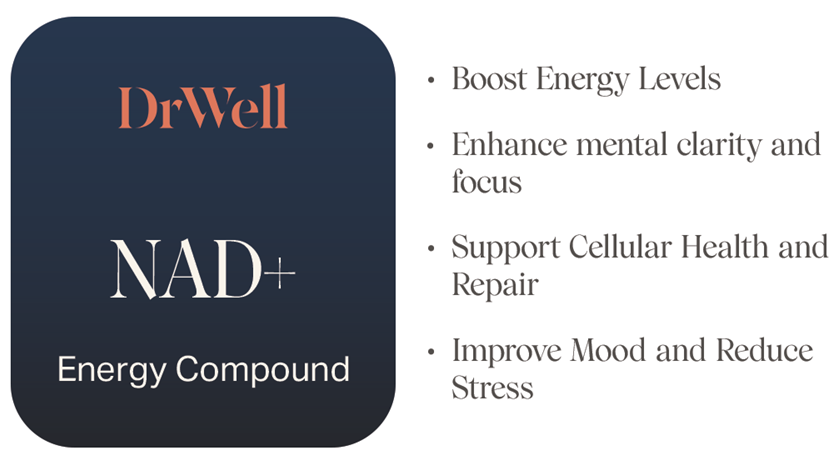After surgery, I typically prescribe painkillers such as Percocet or Vicodin. Pretty standard fare for patients to deal with their pain after an invasive procedure. If I was to estimate, I’d say that that one prescription is enough for 80% of my patients. The other 20% may need another prescription but very few, I’d venture to guess less than 1%, need a third prescription.

These estimates represent my experience with patients that were not dealing with painkiller addiction before surgery. Patients with painkiller addiction before surgery represent a different category. They generally had a pain management specialist taking care of their pain needs prior to surgery so I continued to have that doctor take care of their pain needs after surgery.
But I’ve noticed something very interesting with those patients that ask for a 2nd or 3rd prescription. Guilt. They’re so concerned that they will look like a drug seeker or an “addict” that they spend a great deal of time explaining how few pain pills they’re still using but they’d like one more refill to pacify them until their body is back to baseline. For these patients, I gladly refill their prescription. I just put myself in their position. If I had surgery, I gain nothing by suffering in pain and would want adequate pain control as well.
But this seems to be a generational attitude. My generation of doctors that completed medical school/residency in the late 90’s and early 2000’s were part of a cohort that believed in treating post-op pain, rather than assuming everyone was an addict. It’s important to again clarify that I’m referring to patients undergoing surgery and were “painkiller naive,” in other words, were not regularly using painkillers prior to surgery. Obviously painkiller addition is a problem but prescribing pain medicine after surgery seems, quite frankly, humane.
Painkiller addiction is a very real phenomenon and I don’t mean to minimize it. There are more deaths from the overdose of prescription painkillers than from illicit drug use – about 30,000 per year. But recognizing patients that are high risk (past history of painkiller abuse) will help navigate the fine line between prescribing sympathetically and questioning the patient’s motives.



